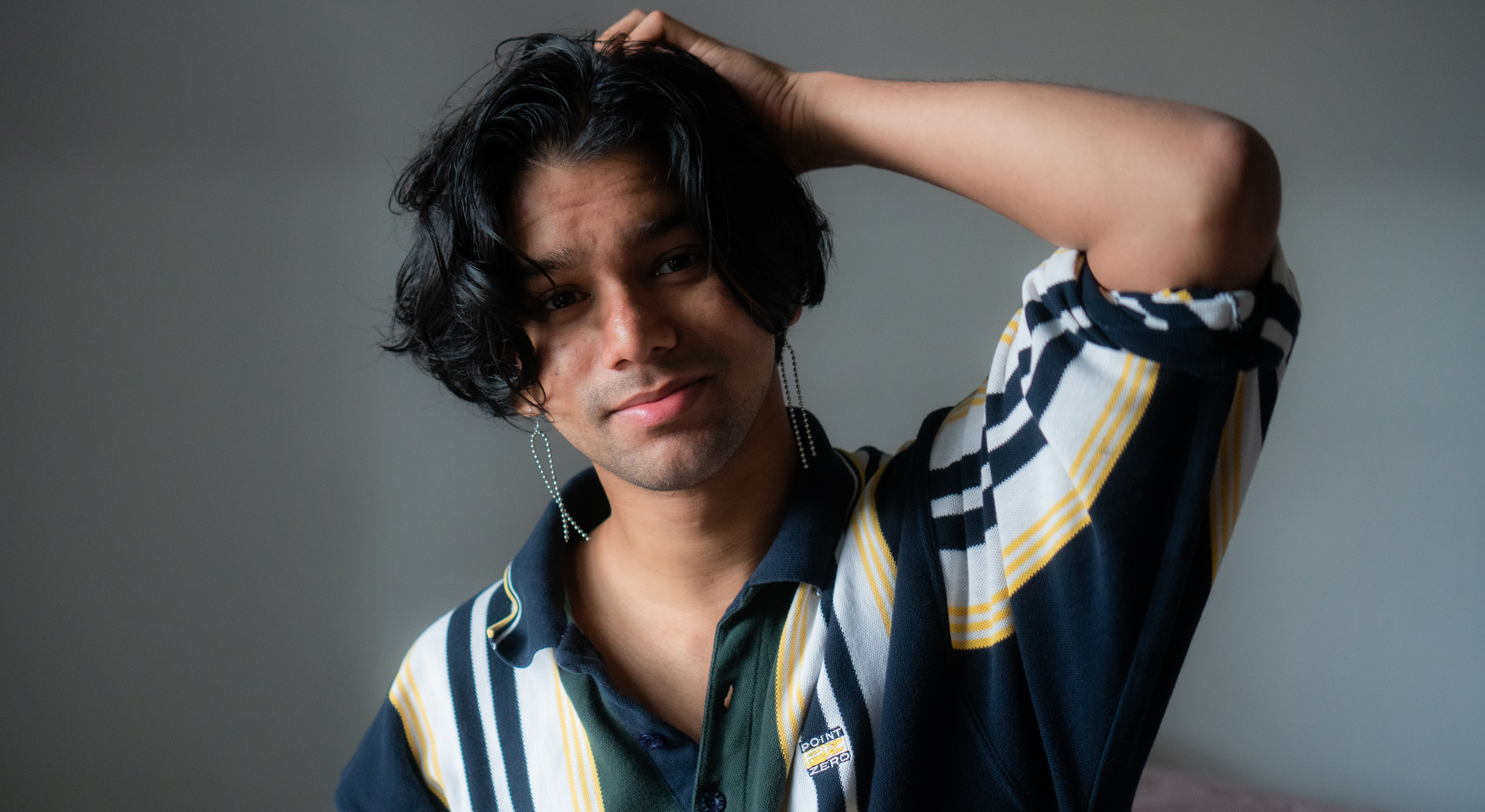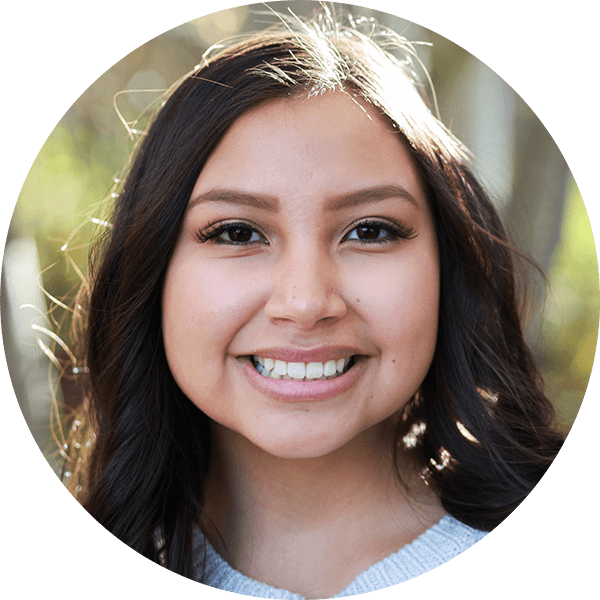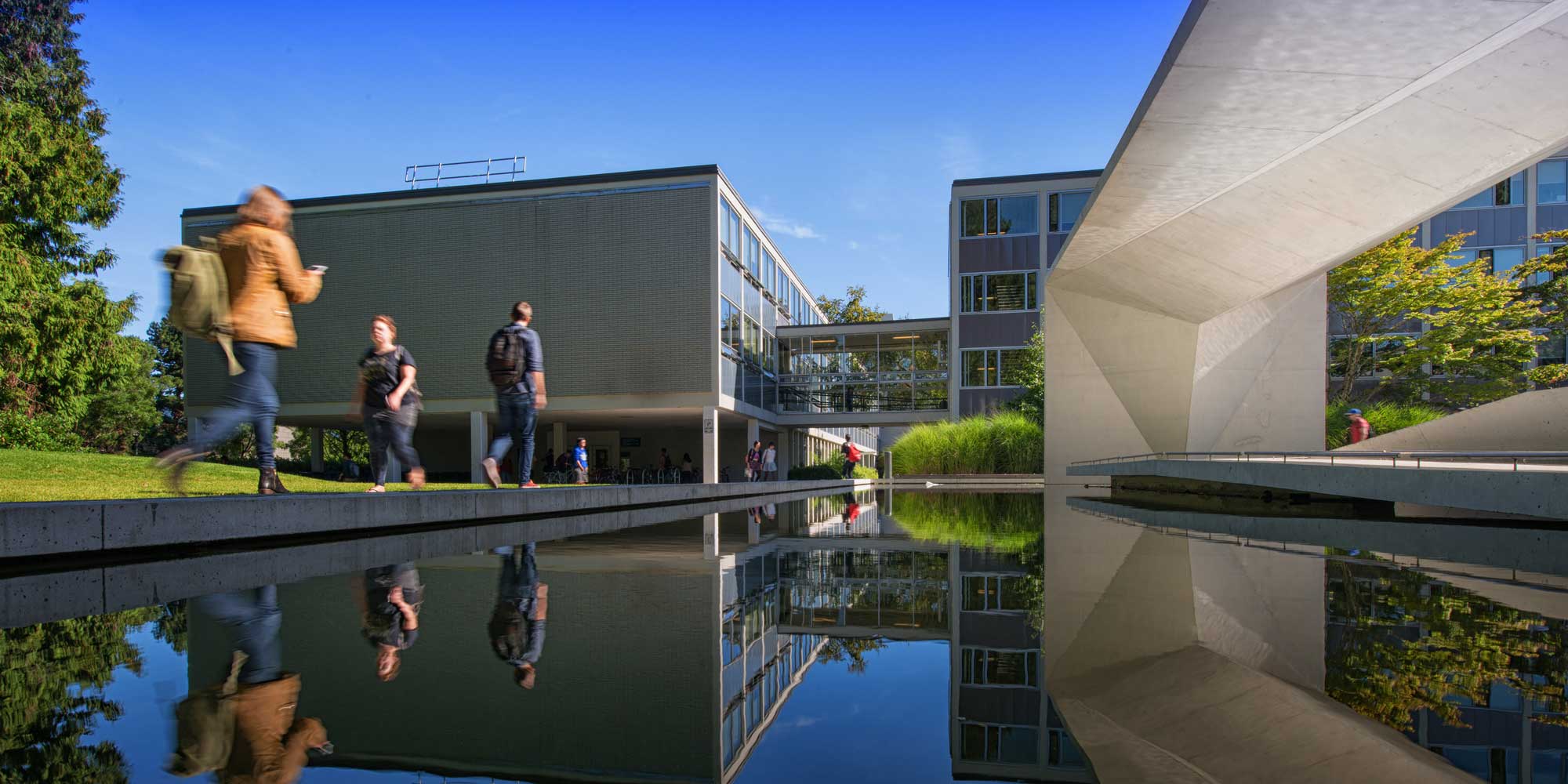

Nakoda Hunter, undergraduate Arts student.
By Arts Indigenous Student Advising
Arts Indigenous Advising Peer Advisor Aiyana Twigg speaks with Nakoda Hunter, an undergraduate student in the Faculty of Arts, about online learning, creative endeavours, and the value of connecting with Indigenous communities at universities.
Nakoda Hunter was born and raised in Vancouver, BC and is a member of the Wesley Band of the Stoney Nakoda First Nation located in Morley, Alberta. Nakoda is in his third year pursuing a major in First Nations & Indigenous Studies.
Why did you choose your major?
I didn’t know what I’d be majoring in when I came to UBC but because of a progression of events in my life, I eventually chose the First Nations & Indigenous Studies Major. Ultimately, I’ve found FNIS to be a very fulfilling focus for my studies with future prospects that I am enthusiastic about.
Since the start of the COVID-19 pandemic, we have had to transition to online learning. How has your transition been, and do you have advice for others?
In contrast to my grades pre-lockdown, my online learning grades have been far better although I don’t think this is due to online learning being any easier. What’s helped me most is: choosing courses that I know I will be engaged in; taking time to plan when I will do certain assignments or study via my handy UBC calendar; and contacting instructors to see if an extension is tenable.
Has your interest in music and art helped your wellbeing throughout the pandemic?
Without a doubt. For me, music developed from a coping mechanism into job opportunities and some of my fondest memories. My interest in music has helped me develop my networking and social skills as well as providing me with community. Limited by lockdown, I enrolled within an Electroacoustic music course which helped me continue to develop my appreciation and understanding of music. I’m far from being any good at producing music, but having a way to express some aspect of your life in an artistic manner — especially on my computer — is a very refreshing activity.
It can be challenging to find the Indigenous community on campus in an online environment. What sort of tips do you have for connecting with other Indigenous students online?
Being so disconnected from my culture, the ability to connect with other Indigenous students has been a revolutionary experience. I’ve really enjoyed how the Indigenous Leadership Collective and Collegium has transitioned to accommodate students with online events. There was a painting event that was especially fun! However, I’m upset that I’m not able to socialize in person with all of the people I’ve met.
What has been your favourite memory during your university journey?
There are so many singular memories that I treasure but my favourite collection of memories along my university journey would be my progression towards accepting, understanding, and loving all the aspects of who I am. UBC has helped me realize my passion for art, Indigenous-focused studies, and the value of having community. Prior to arriving at UBC, I never felt like I had a place conjunctive with my cultural/racial identity. As I’ve begun to reconnect, I’m starting to realize that I never really understood just how affective this disconnection has been to my wellbeing. Growing up biracial and completely disconnected from my community and culture — leaving me fairly lonely within this backdrop — meant that I had to find those things in other facets of Canadian society (primarily gaming and music communities).
Although I was well along the journey towards healing my personal reflection of myself, the role that Magdalena Moore, an Arts Indigenous Academic Student Advisor, had in emphasizing that needs to be credited. Among the many things Maggie has done for me was reaching out to garner my interest in the 2020 EAGLE Program with UVIC and ECUAD. There, I was able to meet many inspiring Indigenous peoples from across Wida Tâga en Îkûbi ne (North America) including Summer Tyance, another Indigenous UBC student. It’s difficult to put into words what it feels like to finally be in a space where you are accepted for all that you are.
My most recent endeavour, supported by Maggie, is the circumvention of UCalgary deadlines to place myself in the Îethka (Stoney) language course. I have a new-found drive from taking this course and am feeling a high level of accomplishment and standard in my academics. Today, I can say that I feel more like myself and I have to give a significant amount of that credit to UBCs support for people like myself.
If you’re an Indigenous student enrolled in UBC Arts or a prospective student interested in studying in UBC Arts, contact an Arts Indigenous Student Advising (AISA) advisor for academic or cultural support.




